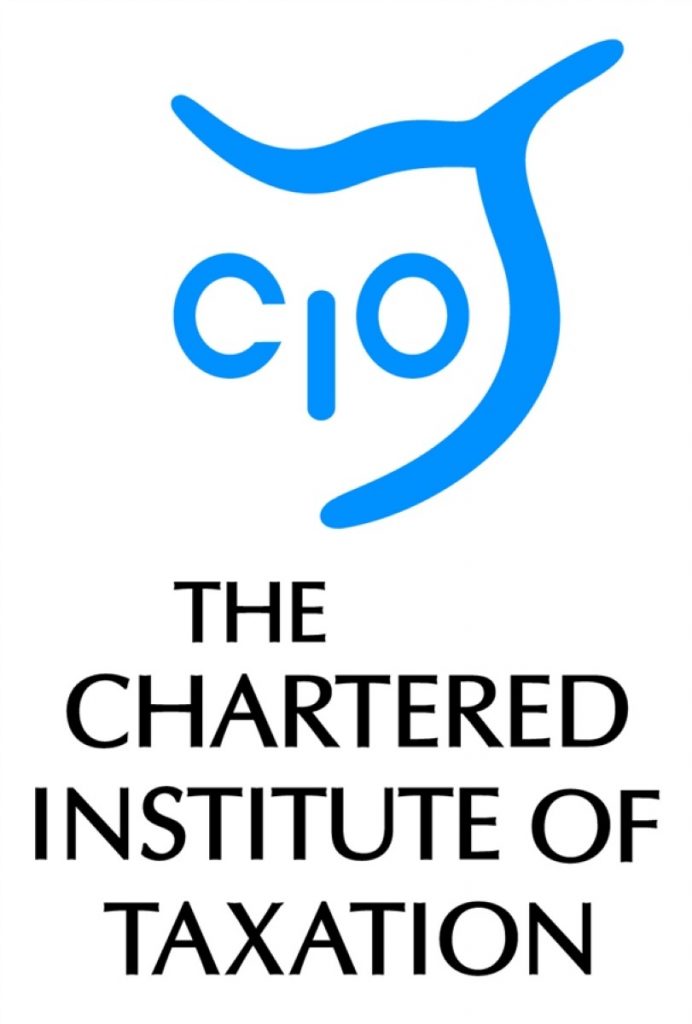CIOT: Budget creates winners and losers among low earners
From April 2008, changes to the income tax and tax credit systems will benefit workers and pensioners on low incomes who are already targeted by the Government’s anti-poverty initiatives. However, those who are not so targeted – for instance, part-time workers without children – will be the losers from today’s announcements.
Two big changes to the rates of income tax from April next year will adversely affect those on low incomes:
the starting rate of tax, which is 10% on the first £2,230 of taxable income in 2006-07, will be removed from earnings and pensions income from April 2008 (though retained on savings and dividend income); and
the basic rate of tax will be reduced from 22% to 20%.
Robin Williamson, Technical Director of LITRG, says:” Unless the basic tax allowance increases substantially from April 2008, this will leave people on low incomes generally worse off from a purely tax perspective. For instance, a couple, one of whom earns £10,000 a year and the other £5,000, will between them pay about £133 more in tax, assuming a 3.5% rise in the basic personal allowance.”
However, a big increase in the working tax credit threshold (from £5,225 to £6,420), offset by a small rise in the withdrawal rate above the threshold (from 37% to 39%) will result in that couple receiving about £272 more in working tax credit, so they are better off over all.
Robin Williamson adds: “If however they fall out of entitlement to working tax credit, which would happen if their working hours reduced to below 30 a week, they would feel the full impact of today’s tax hike. “
While low-income pensioners are not likely to be worse off, those whose total income is derived mainly from pensions and not investments will barely be compensated for the loss of the 10% band by the additional age allowance announced from 2008-09 of £1,180
LITRG is an initiative of The Chartered Institute of Taxation to give a voice to the unrepresented.





-01.png)